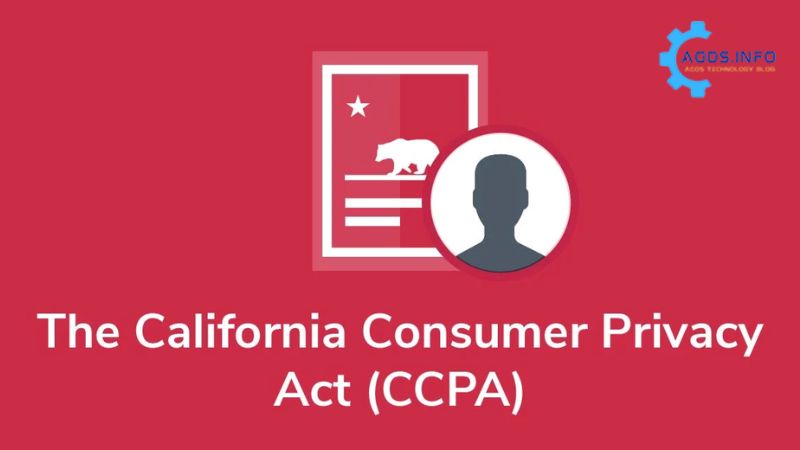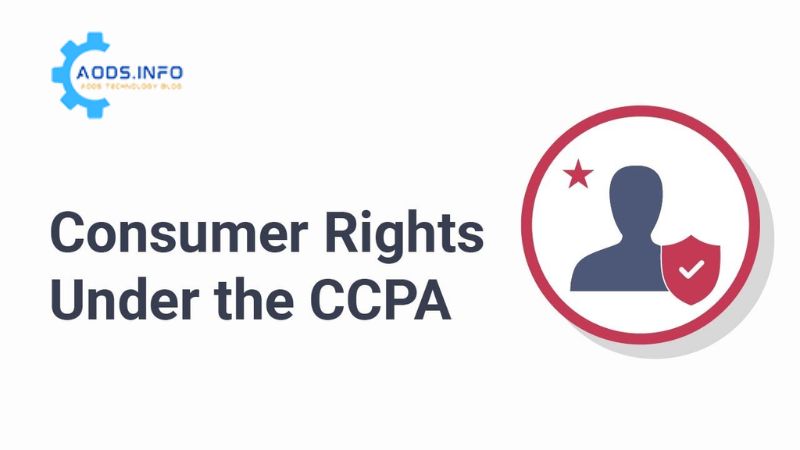In the digital age, where personal information is increasingly valuable and vulnerable, safeguarding consumer privacy has become a paramount concern. California, a trailblazer in this realm, has enacted robust legislation to protect the data privacy rights of its residents. The California Consumer Privacy Act (CCPA), implemented in 2020, marked a significant milestone in this journey. However, the landscape continues to evolve, culminating in the California Privacy Rights Act (CPRA), which builds upon the foundation laid by its predecessor. With Aods.info discover these kind of California data privacy regulation in today.
Contents
- 1 The California Consumer Privacy Act (CCPA): A Landmark in California Data Privacy Regulation
- 2 The California Privacy Rights Act (CPRA): Building Upon the Foundation
- 3 Expanded Consumer Rights Under the CPRA
- 4 Establishment of the California Privacy Protection Agency (CPPA)
- 5 Enhanced Protections for Sensitive Personal Information
- 6 Expanded Scope and Requirements for Businesses
- 7 Final Words
The California Consumer Privacy Act (CCPA): A Landmark in California Data Privacy Regulation
The California data privacy regulation landscape underwent a transformative shift with the introduction of the CCPA. This landmark legislation granted consumers unprecedented control over their personal information, empowering them with rights to know, access, and control the use of their data by businesses. With the CCPA in place, California emerged as a vanguard in data privacy regulation, setting a precedent for other jurisdictions to follow suit.
The California Privacy Rights Act (CPRA): Building Upon the Foundation
Expanded Consumer Rights Under the CPRA
Establishment of the California Privacy Protection Agency (CPPA)
Enhanced Protections for Sensitive Personal Information
Expanded Scope and Requirements for Businesses
Furthermore, the California data privacy regulation expands the scope of the CCPA by imposing new requirements on businesses that process large volumes of personal information or engage in high-risk data processing activities. These businesses will be subject to rigorous compliance obligations, including conducting regular assessments of their data processing practices and implementing measures to minimize the risk of data breaches.
In essence, the California Privacy Rights Act represents a comprehensive and forward-thinking approach to data privacy regulation, embodying California’s commitment to protecting consumer privacy rights in an increasingly digital world. By building upon the foundation laid by the CCPA and introducing new rights and protections, the CPRA sets a new standard for data privacy legislation, serving as a blueprint for other jurisdictions seeking to enhance consumer privacy rights.
As businesses navigate the complex regulatory landscape shaped by the CPRA, compliance will be paramount. Failure to adhere to the stringent requirements of the CPRA could result in significant penalties, underscoring the importance of proactive compliance efforts and robust data governance practices.




